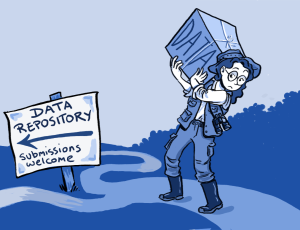In Sarasota, Florida, homeless people are becoming more of a mainstay than not. There are far too many, and many of them are homeless because they lost jobs that were good due to the recession.
Sarasota can see the homeless and poor without help, and right next to them is the very wealthy that have nothing to want for. In the city, there is one shelter for all the homeless people, but they are not allowed to sleep outside or in their cars without having to face some sort of harassment, or criminal complaint.
The only shelter in the area can only fit so many homeless per night, so when it is full, the other plighted individuals must find somewhere else to go. Since the weather is nice all year round in that part of the country, they could let them have a camp of some sort, or open more shelters so that they do not have to sleep on sidewalks, benches, and in some cases on streets. These people, are not all alcoholics, or drug attics. No, by far, not, and there are children that are affected.
There is an anti-panhandling law in this city. Those that are homeless, with nowhere to go and no food, cannot ask others for help, or they might reap repercussions from the law. This can hurt the homeless even more, because they can’t get work or housing, and then, they have no where to go. It is almost as if the city just turns its back, and wants them all to die.
The city also closes the parks at dark so that the homeless can’t sleep there, and they have taken out benches, and other such items that might enable a homeless person to sleep there. They have also had outreach teams try to get the homeless to go to the shelter, but there is no guarantee that they will get to stay. It is the hope that they will open up an emergency shelter that can at least help in some way. The Salvation Army will find somewhere for them to stay, but the city is finding that many of them will not accept the help.
The homeless problem will get worse, if it persists. Sarasota needs to talk to other hard hit areas around the country that have a lot of homeless. They need to make more shelters, camps or some place for them to sleep, eat and get back to work and life.



